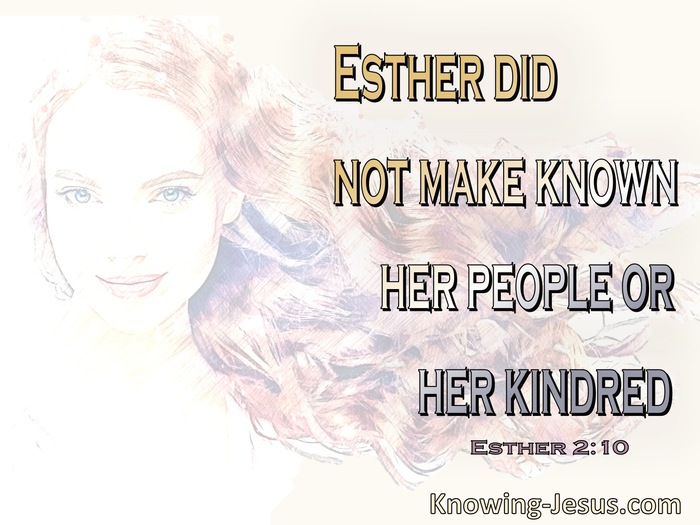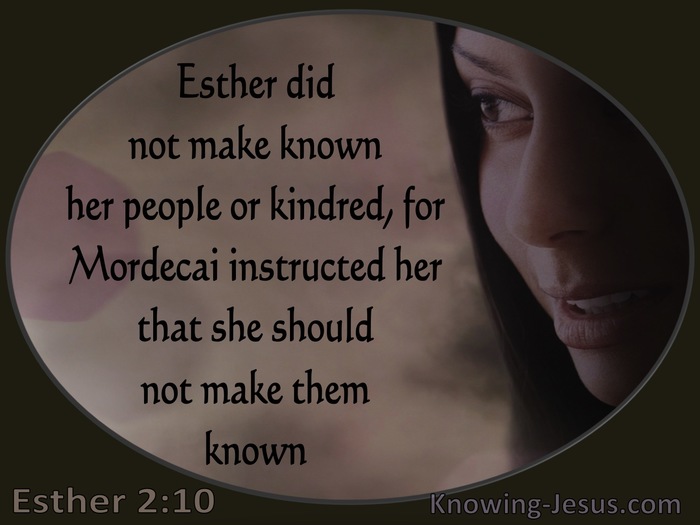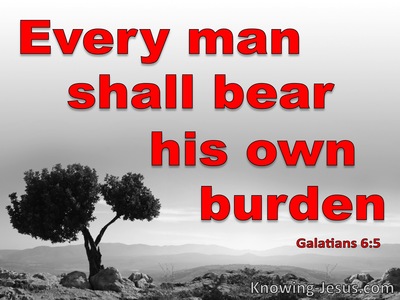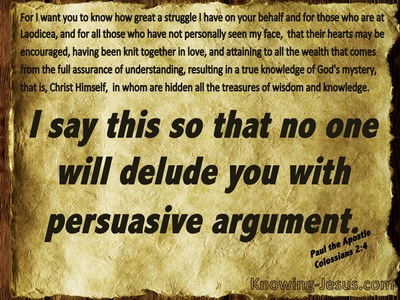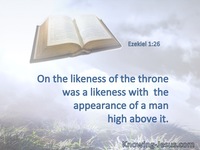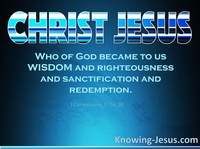◄ What Does Esther 2:10 Mean? ►
Esther did not make known her people or her kindred, for Mordecai had instructed her that she should not make them known.
Esther 2:10(NASB)
Verse of the Day
Esther is a fast-moving historical drama that traces the life and times of a beautiful young Jewish girl called Hadassah, and her uncle, Mordecai. They were descendants of the Babylonian exiles, who had been deported from Judah during the reign of Nebuchadnezzar. Their forebears had been deported generations earlier but had chosen not to return to Israel once the 70 years had passed.
Hadassah was an orphan who had been given the Persian name of Esther. She lived with Mordecai, her legal guardian, in Susa, one of the greatest cities in the Persian empire. They lived during the reign of King Ahasuerus. The king had foolishly banished his queen, Vashti, from the kingdom because she refused her husband's request to flaunt her beauty before him and his drunken courtiers and princes at the king's feast.
Sometime later, Ahasuerus regretted his hasty decision and was persuaded by his unethical advisors to hold a beauty contest to select the maiden who most excited his passions as his queen, and at Mordecai's behest, Esther participated. For whatever reason, Esther's uncle advised her against revealing her Jewish heritage and we read: "Esther did not make known her people or her kindred, for Mordecai had instructed her that she should not make them known."
We could ask the question, WHY? WHY did Mordecai instruct his niece to hide her ethnic origin and pretend that she was a young pagan woman rather than a daughter of Jerusalem who was one of God's chosen people? And WHY did Hadassah comply by hiding behind a Persian name and concealing her Hebrew roots?
Knowing how God used Mordecai and Queen Esther to save the Jewish race from extinction, and being able to rejoice at the wonderful way that God saved His people from the hand of wicked Haman, who was obsessed with exterminating the Hebrew race, does not absolve the ungodly behaviour of Mordecai and Hadassah, nor does it excuse the people of God from compromising their faith in the Lord, or adopting pagan principles and practices.
Both Daniel and Joseph lived as enslaved captives under ungodly rulers in a pagan land, but neither sinned against the Lord or compromised their faith in God. Joseph fled from sexual temptation and ended up in jail, while Daniel faced a den of hungry lions in preference to dishonouring the Lord, and we should be careful that compromise does not creep into our decisions because of adverse circumstances.
As children of God, compromise should never be an option and there are many warnings against spiritual apostasy. God is faithful to His Word, His character is true, His righteousness stands fast for ever, and His plan of redemption continues to unfold. And we should reflect our heavenly Father by maintaining our trust in Him. He has given us His Word which cannot be broken and has promised that His sufficient strength will meet every crisis, if we simply trust Him in the storm.
However, God in His grace even used Mordecai and Esther to save Israel from destruction and forward His redemptive plans and purposes for His chosen people. In His grace, they were given victory over their enemies when they cried out to Him in their distress, and despite their compromise, God's people continue to celebrate the victory Mordecai and Esther were given, as each year they keep the feast of Purim and the book of Esther is included in the canon of Scripture.
Although we continue to rejoice at the wonderful way God saved His people from the enemy who sought to annihilate them, I am sure that the Lord could have used them in a different way to rescue Israel from extinction, without them needing to compromise their faith.
May we, who live in a society that is deeply flawed, have the courage to stand fast in the faith to which we hold, and trust in the Lord to bring us through to victory, even when our circumstances appear to be hopeless; for God is able to make all grace abound unto each one of us and to provide His sufficiency in everything.
In the day in which we live, may we hold fast to the truth of the gospel and abound unto every good work, for the glory of God.
My Prayer
Heavenly Father, thank You for the important reminder from the book of Esther, that we should never compromise our faith, but stand fast in the evil day. Thank You that even when I fail and find myself overwhelmed by the circumstances of life, Your grace is sufficient for me. Thank You that in Christ, I have everything I need for life and godliness so that I am enabled to abound unto every good work. Use me, I pray, in the place where You have planted me, for Your holy name's sake. This I ask in Jesus' name, AMEN.
Choose a Verse from Esther 2
Esther 2:10 Further Study
- Esther 2:10 in the Parallel Bible
- Esther 2:10 in the Thematic Bible
- Esther 2:10 Cross References
- Esther 2:10 Treasury of Scripture Knowing
- Esther 2:10 Sermons
- Esther 2:10 Prayers
- Esther 2:10 Images
- Choose Chapter
Never miss a post
